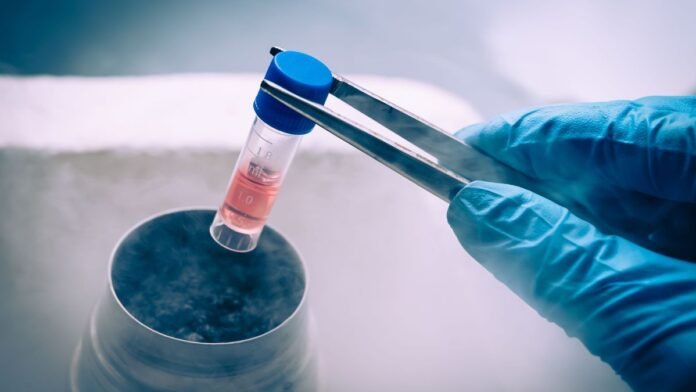In recent years, conversations about egg freezing have shifted from whispers to open discussions in India. What was once considered too personal or too complex is now being spoken about with honesty and clarity, thanks in part to women—everyday professionals and public figures alike—sharing their experiences. Personalities like Upasana Konidela and Sania Mirza discussing their choices has made others feel less alone and more informed.
Fertility specialists say this change is happening for meaningful reasons. Many women today feel empowered to take control of their reproductive journey. They are choosing to delay motherhood for career goals, education, financial stability, or simply because they want more time to find the right moment. Instead of treating egg freezing as a taboo, they see it as a practical, responsible option.
Doctors also point out that the process itself has become far more advanced and predictable. Hormone injections are safer, stimulation methods have improved, and today’s technology makes it easier for clinics to preserve egg quality. With modern IVF centres becoming more accessible across cities, egg freezing is no longer limited to a small group—it is becoming a viable option for many.
The egg-freezing journey typically begins with a consultation and tests, where doctors assess medical history and ovarian reserve. This is followed by a short period of hormone injections to help multiple eggs mature at once. A timed trigger shot ensures the eggs are ready, after which they are collected in a short, painless procedure done under light anesthesia. Finally, the mature eggs are vitrified—flash-frozen so they can be stored safely for years without losing quality. Most women recover quickly and return to their daily routines soon after.
Understanding when to consider egg freezing is an important part of the conversation. Women are born with a fixed number of eggs, and both quantity and quality decline over time. Doctors say that egg quality is generally stable through the 20s, begins to dip after 30, and drops more sharply after 35. By the early 40s, reserves are usually very low, making earlier preservation more reliable.
As more women make informed choices and talk about them openly, the stigma surrounding fertility preservation continues to fade. Egg freezing is no longer just a medical procedure—it’s becoming a symbol of autonomy, planning, and hope for the future.



